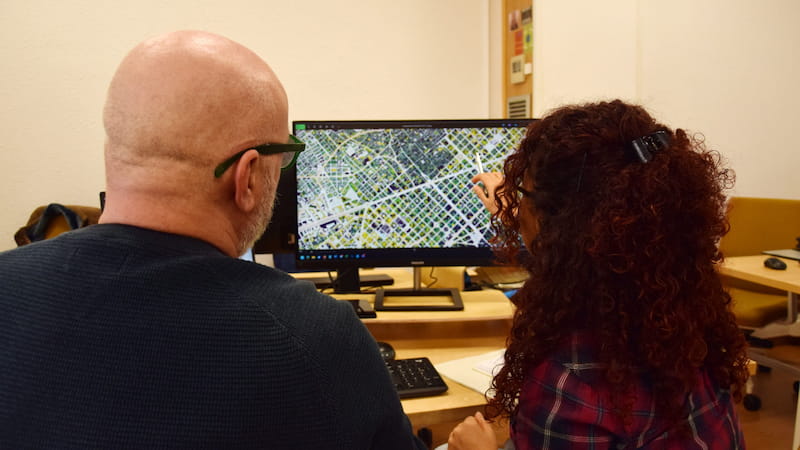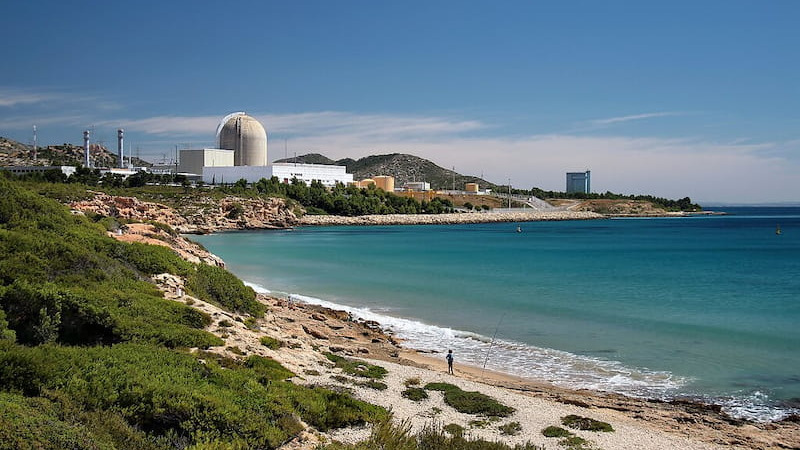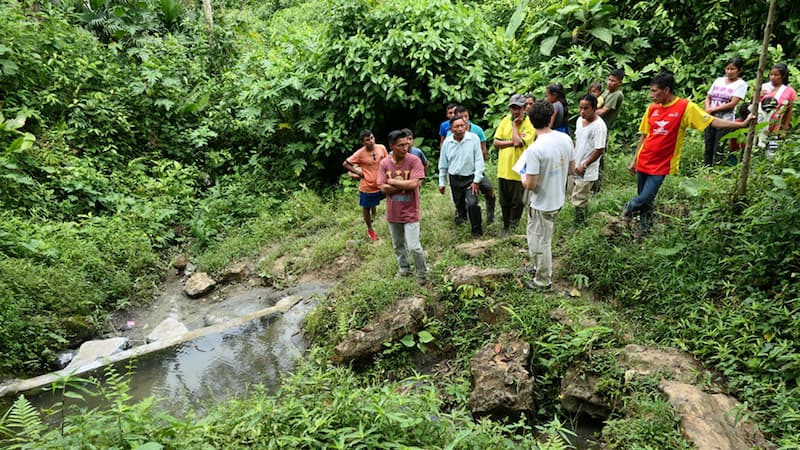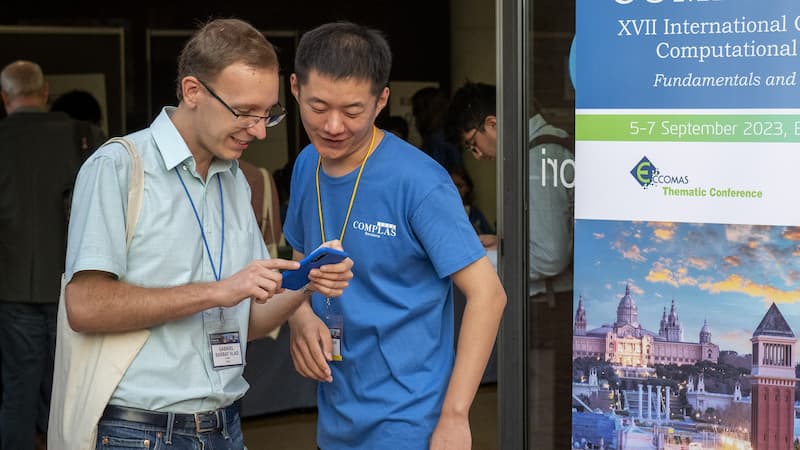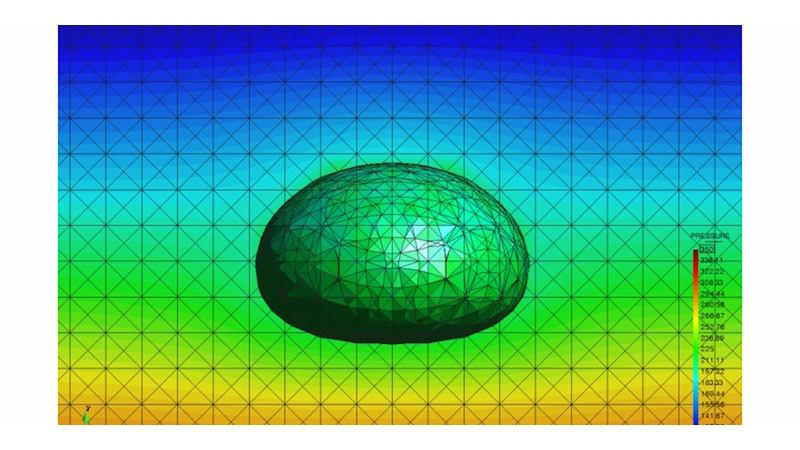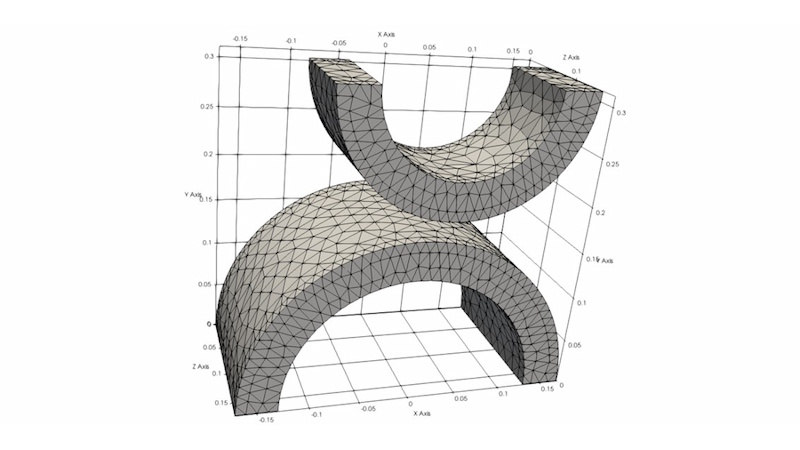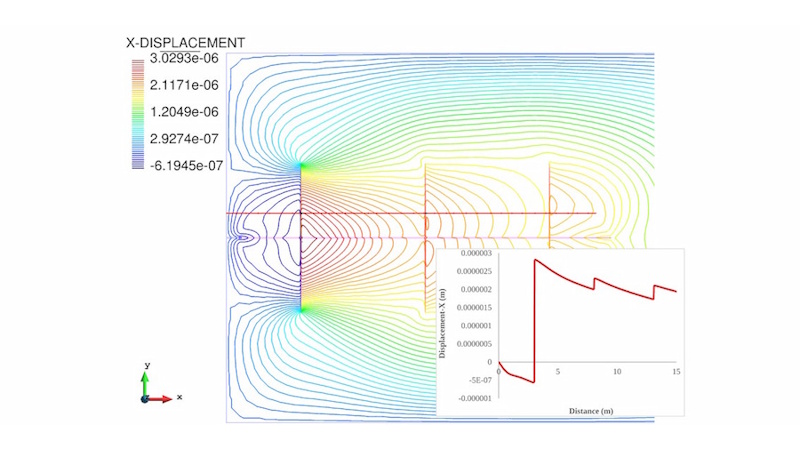Research Cluster
Large Scale Multiphysics Computations
Contact Point
Riccardo Rossi
Academic Leaders
Riccardo Rossi, Joaquin A. Hernandez, Pavel Ryzhakov
External Advisors
Roland Wuchner, Ekkehard Ramm

Research groups
- Intelligent Multiphase Modeling in Microsystems
Pavel Ryzhakov - Kratos Multiphysics
Riccardo Rossi Bernecoli
Overview
Staff
Projects
This cluster leverages the expertise of the Kratos Multiphysics and Intelligent Multiphase Modelling in Microsystems (IM³) groups to develop advanced computational frameworks for complex multiphysics phenomena, combining HPC capabilities with AI-driven approaches for industrial applications.
The Large Scale Multiphysics Computations Research Cluster at CIMNE represents an integrative effort between two specialized research groups: the Kratos Multiphysics group, led by Dr. Riccardo Rossi, and the Intelligent Multiphase Modelling in Microsystems (IM³) group, led by Dr. Pavel Ryzhakov. This arrangement creates a powerful research ecosystem dedicated to advancing computational solutions for complex multiphysics problems.
The Kratos Multiphysics group focuses on developing a comprehensive open-source research framework that integrates state-of-the-art capabilities across multiple fields. Their mission centres on exploiting High Performance Computing (HPC) resources to simulate realistic engineering problems through innovative solution technologies and cross-disciplinary model integration. The group champions open-source development and international collaboration, working to unify diverse technologies within the Kratos framework.
Complementing this effort, the Intelligent Multiphase Modelling in Microsystems (IM³) group brings specialized expertise in computational fluid dynamics for microfluidic systems. Their research encompasses the development of robust CFD models using advanced techniques such as Enriched Finite Element Methods, Enhanced Level-Set techniques, and Conservative Level-Set approaches for multiphase flows. The group also conducts experimental studies of microfluidic phenomena and integrates artificial intelligence through machine learning and image processing applications.
The cluster’s impact is demonstrated through practical projects including DECIMA, which develops computational models for microfluidic-based digital manufacturing; DIDRO, focused on creating digital twins for inkjet printers; and AMADEUS, which established novel frameworks for liquid water evacuation analysis in fuel cells.
This research cluster addresses increasingly complex engineering challenges for direct application in industry and societal burdens while maintaining a collaborative approach and a commitment to open-source solutions.
Ongoing projects
Finished projects
Related news
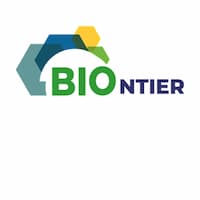
BIOntier Project to Advance Sustainable Biocomposites Launched this Week
The BIOntier research project, aimed at advancing sustainable, circular biocomposites with high-performance features for multi-sector applications, officially kicked off this week with a working meeting at the FORTH research centre in Heraklion, Crete, Greece. The...

CIMNE project to bring digital twins to industry wins BSC Innovation Journey Award
SimTwins, a collaborative initiative developed by CIMNE to improve the future of industries through digital twins, has won the first prize in the Barcelona Supercomputing Center (BSC) Innovation Journey award. The prize, presented yesterday to Sebastian Ares,...

